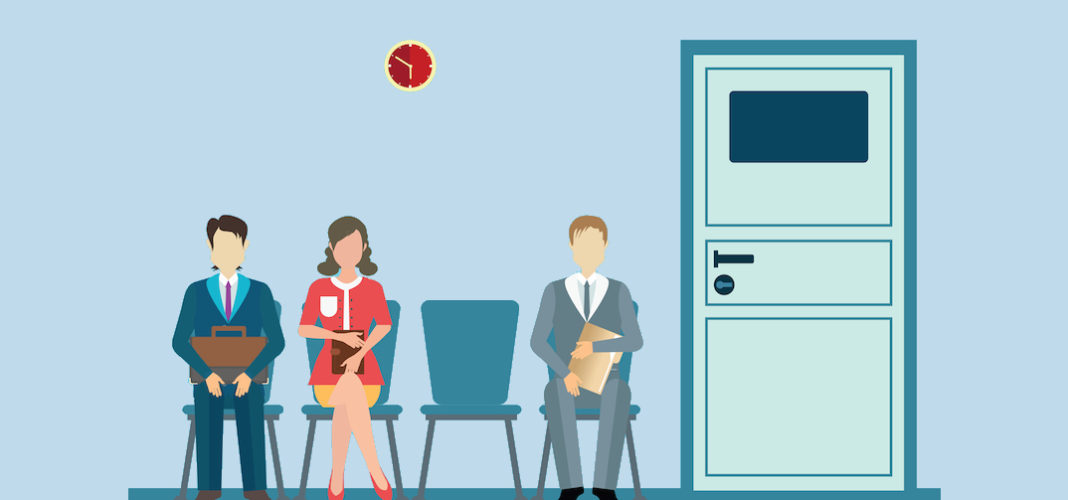Being a good interviewee is both an art and a science. A recent study highlights the single reason why a good candidate sometimes doesn’t get the job: anxiety. The problem isn’t the obvious manifestations of anxiety like shaky hands or nervous tics. The reason the anxious candidates are judged harshly is because they seem to lack assertiveness and warmth. As summed up by Christian Jarrett:
Anxious interviewees needn’t worry too much about any little nervous tics they might have, and should focus instead on the larger impression they make – by learning to come over as assertive and friendly, it is likely they will conceal their anxiety and receive a fairer appraisal from the interviewers.
The good news is there are a number of strategies to help you make a good impression.
1. Visualize victory
Job seekers who practice mental imagery were less stressed and received better evaluations than those who didn’t. Take 10 minutes picturing yourself feeling confident throughout the interview and envision it ending with a job offer.
2. Power pose
Before the interview, take a moment in the bathroom or stairwell to make a power pose (think Warrior in yoga). During the interview, uncross your arms and sit up straight. Convey warmth with a friendly smile and eye contact.
3. Tell them about your potential
The interviewer has read your resume. Tell her what you are capable of doing in the future. Highlight your strengths.
4. Do your homework
Read up and ask questions that reflect your curiosity and genuine interest in the company and the people who work there.
5. Everyone counts
Be sure to greet the doorman, the receptionist and everyone you meet with respect. A friend told me he always asks his assistant how the applicant treated him. If the answer is not good, no matter how qualified, the candidate is nixed.
6. Rehearse without looking rehearsed
Ask a friend to give you a mock interview. Think through what you want to say or convey and please don’t memorize anything. You will sound like a robot.
7. Be curious
Ask questions that reflect your knowledge but that don’t make you look like a show off.
8. Wear something that makes you feel good about yourself
Navy, black and gray are good choices. Studies show orange is a terrible idea. Polished shoes, manicured finger nails, and tidy hair send a professional message.
9. Say thank you
Send a note—email or handwritten—saying how much you enjoyed the interview. Be specific about what you learned and about how you think you can contribute.
I wish you all the best,
Dr. Samantha Boardman






